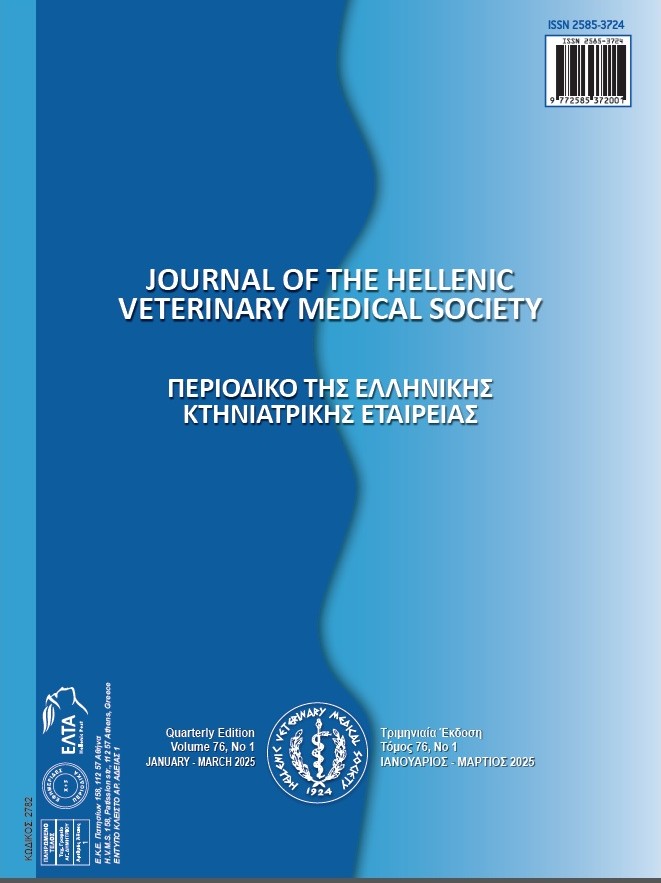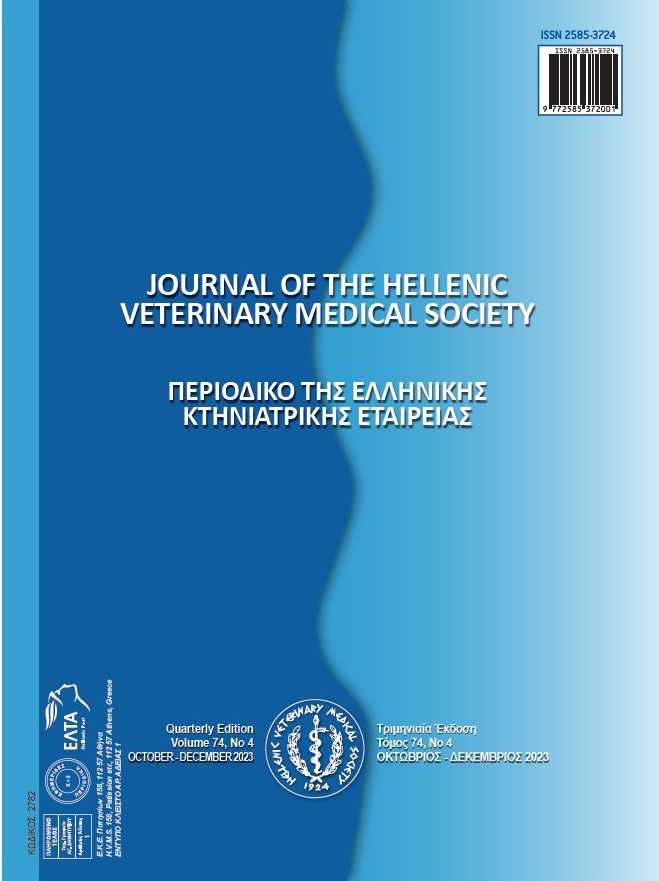Detection of highly potent Stx2a-encoding gene in pig fecal DNA in Serbia: Could commercial pig farms in Serbia act as source of human STEC infections?
Abstract
Shiga toxin-producing Escherichia coli (STEC) strains are major zoonotic food-borne pathogens of public health importance. Although cattle are recognized as a major reservoir of STEC, these strains have been frequently isolated from the intestinal content of swine, therefore swine shed STEC in the feces. Shiga toxin genes were subtyped to assess public health implications of STEC. By subtyping the stx2 gene subtypes in swine we established the presence of the stx2e gene in 9 out of 82 stx2 positive samples. Furthermore, the zoonotically significant stx2a gene in 3 samples, which, although with a low prevalence, is of great importance for public health, enabling completion of the epidemiological picture of STEC in Serbia.
Article Details
- Zitationsvorschlag
-
Vračar, V., Mitrović, J., Lalošević, V., Kozoderović, G., & Petrovic, D. (2025). Detection of highly potent Stx2a-encoding gene in pig fecal DNA in Serbia: Could commercial pig farms in Serbia act as source of human STEC infections?. Journal of the Hellenic Veterinary Medical Society, 76(1), 8665–8670. https://doi.org/10.12681/jhvms.36705
- Ausgabe
- Bd. 76 Nr. 1 (2025)
- Rubrik
- Research Articles

Dieses Werk steht unter der Lizenz Creative Commons Namensnennung - Nicht-kommerziell 4.0 International.
Authors who publish with this journal agree to the following terms:
· Authors retain copyright and grant the journal right of first publication with the work simultaneously licensed under a Creative Commons Attribution Non-Commercial License that allows others to share the work with an acknowledgement of the work's authorship and initial publication in this journal.
· Authors are able to enter into separate, additional contractual arrangements for the non-exclusive distribution of the journal's published version of the work (e.g. post it to an institutional repository or publish it in a book), with an acknowledgement of its initial publication in this journal.
· Authors are permitted and encouraged to post their work online (preferably in institutional repositories or on their website) prior to and during the submission process, as it can lead to productive exchanges, as well as earlier and greater citation of published work.




